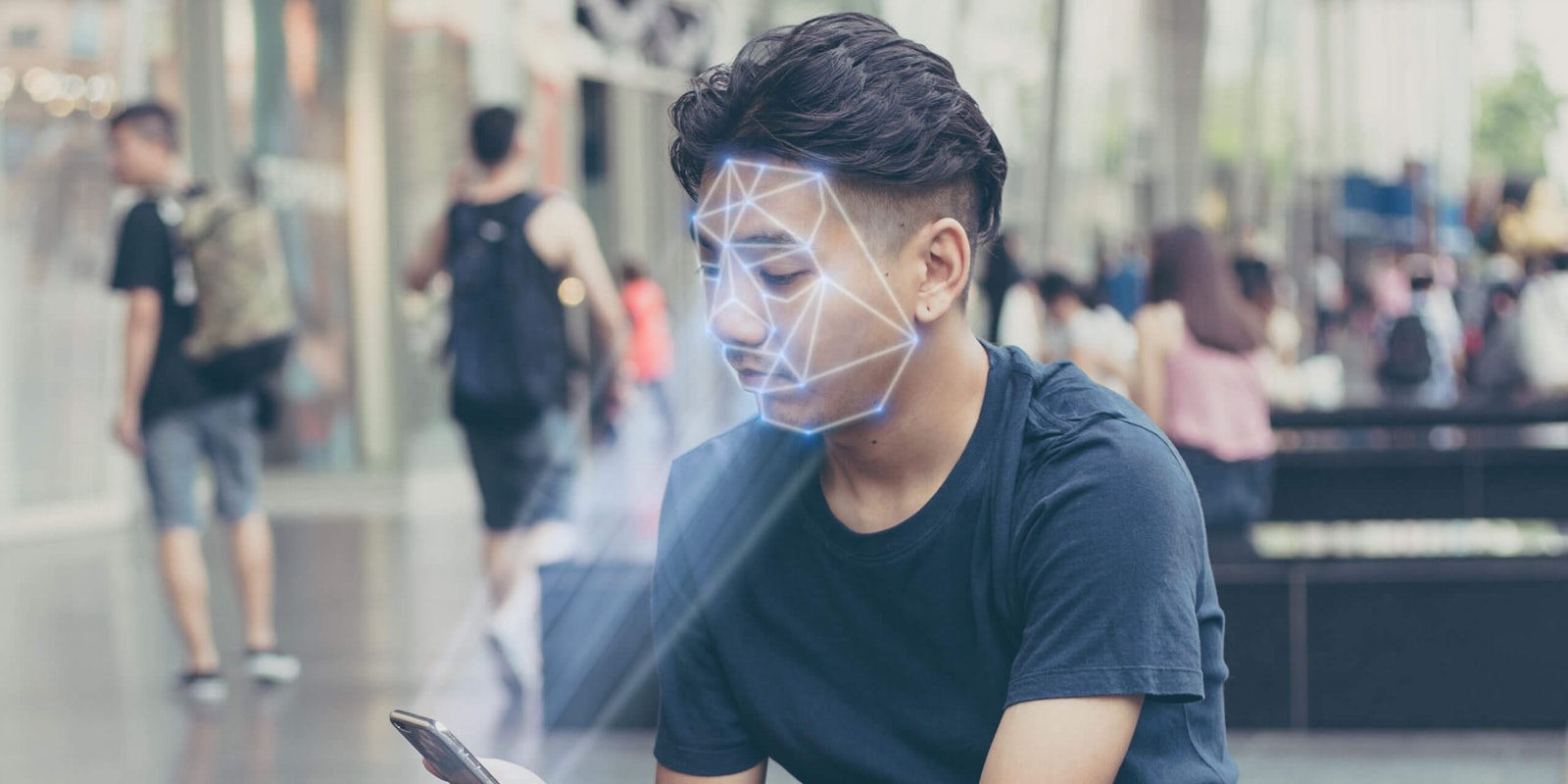UCLA is dropping its plans to use facial recognition technology as digital rights and student groups have pushed colleges across the country not to adopt the controversial technology.
Fight for the Future, a digital rights group that has been raising alarms about facial recognition technology, shared a statement from UCLA Administrative Vice Chancellor Michael Beck on Wednesday confirming that the university “determined that the potential benefits are limited and are vastly outweighed by the concerns of the campus community.”
Earlier this month, students at UCLA raised concerns about the potential adoption of the technology on campus, according to the school’s student newspaper, the Daily Bruin. The university had proposed using facial recognition in CCTV cameras on campus.
“Facial recognition has no place on college campuses,” Evan Greer, deputy director of Fight for the Future, said in a statement. “Let this be a warning to other schools: if you think you can get away with experimenting on your students and employees with this invasive technology. You’re wrong. We won’t stop organizing until facial recognition is banned on every campus.”
Fight for the Future and Students for a Sensible Drug Policy have launched an effort to get hundreds of schools on record about their plans regarding facial recognition. So far more than 50 schools have said they have no plans to use the technology.
The digital rights group said it used Amazon’s Rekognition technology to scan the faces of UCLA’s basketball team, football team, and faculty and compared it to a mugshot database. As they were going to release the results—which found 58 student-athlete photos falsely matched to mugshots—the university announced its decision to drop its plan to use the technology.
Facial recognition technology has been criticized for its racial bias. The technology has also caught the attention of several cities in the United States who have banned the technology, and members of Congress who have introduced a bill that would put a moratorium on government use of it.
READ MORE:


